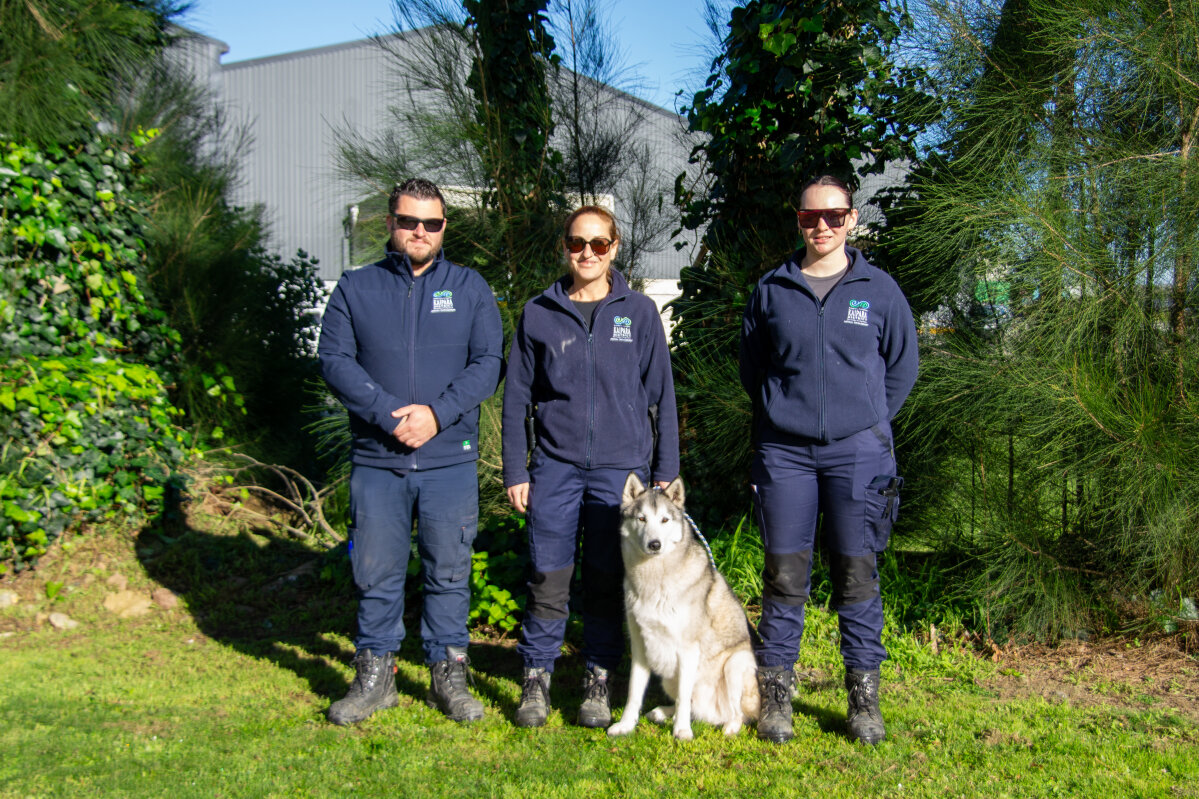Kaipara council crackdown leads to drop in dog complaints
Kaipara District Council
08 August 2025, 7:23 PM

Proactive efforts by Kaipara District Council’s Animal Management team have led to a major drop in dog-related incidents across the district.
Complaints about wandering dogs fell by 65% between July 2024 and June 2025, compared to the previous year, with dog attacks also down 43% over the same period.
Manager Animal and Compliance Shaun Holland says the reduction is a credit to the team’s shift of focus to proactive work around offences such as wandering dogs and holding dog owners accountable for their dog’s behaviour.
“Over the past year, the team has worked hard to reduce risks, focusing on problem dogs, supporting their owners, and increasing patrols in hotspots including Dargaville and the surf beach at Mangawhai.”
The key to reducing dog-related offences is making sure owners take responsibility for how their dogs behave, says Shaun.
“Over the past year we impounded 92% of dogs that had allegedly attacked, compared to 15% the previous year. Within those attack stats, we have been able to identify and detain 80% of dogs responsible for attacks on stock, which has always been an issue for the district. Our officers have been known to door-knock every household on a street to identify the dog responsible for attacking stock.”
Dogs registered in Kaipara topped 5,000 for the first time in the 2024/2025 year with 5,194 dogs registered to 3,419 owners.
“We have a small animal management team – just four officers covering over 3,100km2 across the Kaipara. Over the last year, the team attended to 2,006 service requests – 373 of these were proactive property checks or patrols.”
Shaun says while there is still work to be done, he is optimistic that this sustained proactive approach will continue to reduce the harm and suffering resulting from dog attacks in the community.
Dog registrations for the 2025/2026 year are now open. Owners can skip the queues and register their furry friend online. Penalty fees are applied to registrations received after 31 August.
One hundred percent of dog registration fees go straight back into animal management – including patrols, monitoring, maintaining shelter facilities, education programmes and prosecution costs where necessary.



